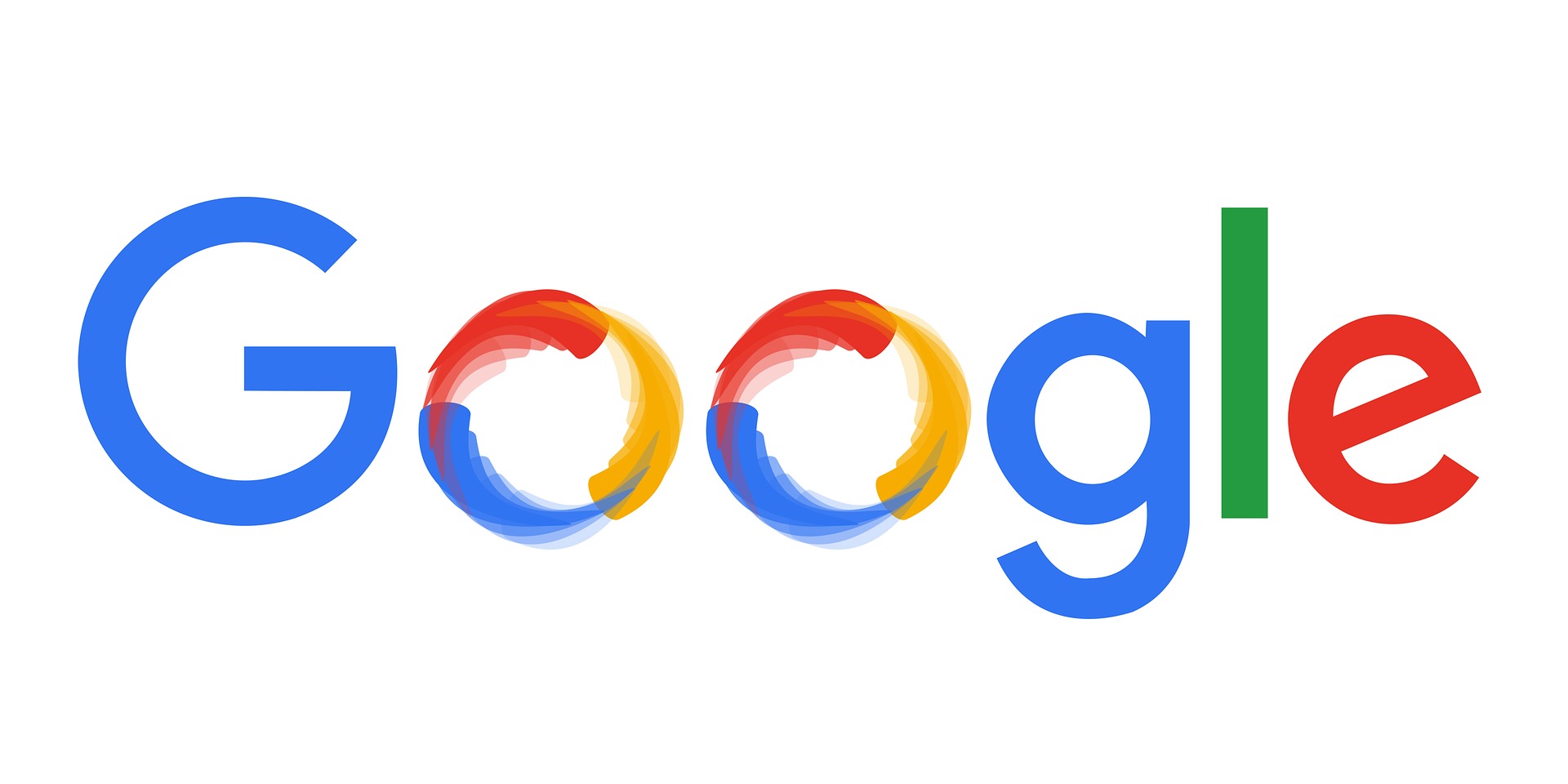
Google Addresses Concerns over AI Overviews in Search
Recently, Google unveiled AI Overviews, a new function driven by their Gemini AI model. With this tool, you may search for different subjects and receive AI-generated summaries of them. Nonetheless, a few users promptly voiced doubts over the veracity and integrity of the data these summaries included.
Users complained that the AI Overviews contained strange, inaccurate, and irrelevant suggestions. Examples included advice on how to adhere cheese to pizza using non-toxic adhesive, content taken verbatim from blogs, and false assertions that pythons are mammals. These problems cast doubt on the calibre and reliability of the content produced by AI.
Google has acknowledged the issue in a statement in response to the worries. A Google representative named Meghann Farnsworth said that the business is “taking swift action” to eliminate AI Overviews for certain inquiries. Additionally, Google is utilising these examples to create more extensive system upgrades, some of which are now in beta testing.
Furthermore, according to Farnsworth, a large number of the documented instances produced by AI Overview were altered or fabricated. Google was not able to replicate these particular cases.
It’s important to note that Google has been testing overviews produced by AI for about a year. Initially released in May of the previous year, the function was known as Search Generative Experience. Google says that over a billion requests have been answered by AI during this testing phase.
Google CEO Sundar Pichai has shown optimism about the possibility of incorporating AI into search. He asserts that there has been an 80% decrease in the cost of displaying AI responses. According to Pichai, people will benefit more in the future from using AI in search.
In a recent interview, Pichai talked about the benefits of using Google’s AI model Gemini for everyone, including with well-known YouTuber Hayls World. He also discussed his predictions for the Google Assistant’s future.
It’s critical that digital behemoths like Google address accuracy and dependability problems as AI technology develops. Google wants to keep users confident in its AI-powered products and improve the user experience by identifying problems and making fixes.









